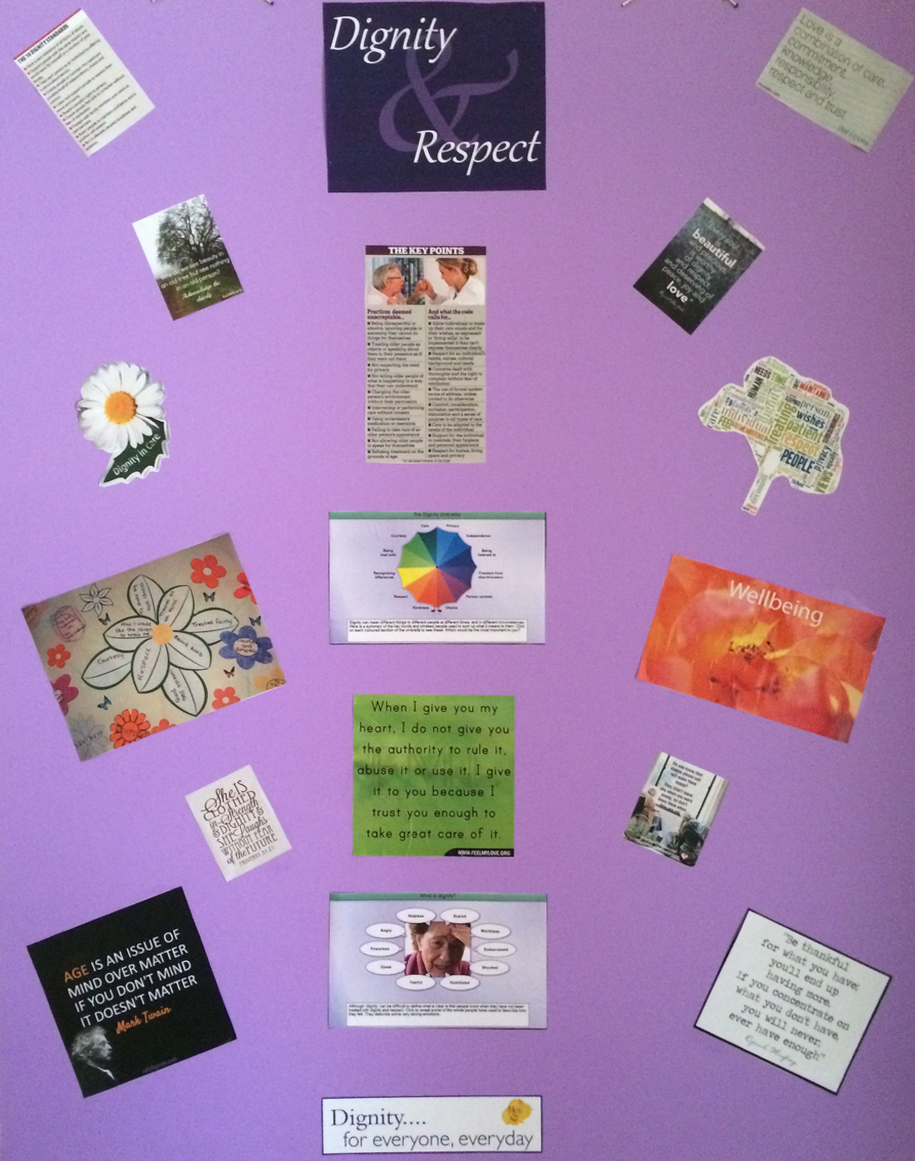Dignity and Respect has a broad definition at Harmony Care and Support.
We promote Dignity in Care within the care setting, treating someone with worth, in a way that is respectful to them as individuals.
Our service users need to be provided with care in the right place for their needs and preferences, this is mainly by delivering care at the home through:
- Being polite
- Being thoughtful, sensitive and caring
- Respect and listen to their views and those of families and advocates
- Keeping them informed
- Meeting their needs and being flexible in responding to changing care needs
- Upholding service users dignity and independence
- Ensuring their privacy is respected
- Promoting confidence of the care received
Prior to commencing service we carry out a comprehensive, in-depth assessment of individual needs, preferences and requirements. Care provided is tailored to cover changing needs. Ensuring the maximum level of independence and personal choice provided. All service users are given a complaints procedure, which shows them a variety of ways in which they can raise any concerns they may have, without any reprisal.
All care staff undertake a structured training plan, which includes dignity and respect awareness training. Dignity is at the centre of the care we provide enabling us to provide high quality Person – Centred Care and support.
We ensure all care workers are provided with the development they need to carry out their role to the highest possible standard with structured, ongoing and largely work based training, which is focused on the needs of the people using our service.
Our qualified in house trainer delivers person centred training as part of our mandatory training programme, which includes.
- Promoting person – centred values in everyday work
- Working in a person – centred way
- Supporting active participation
- Supporting an individual’s rights to make choices
- Promoting spiritual and emotional well-being.
We also deliver an Equality and Diversity session, which enables workers to understand the importance of delivering good quality care in this area.
Our 10 Challenges of Dignity in Care
- Have a zero tolerance of all forms of abuse
- Support people with the same respect you want for yourself or a member of your family
- Treat each person as an individual by offering a personalised service
- Enable people to maintain the maximum possible level of independence, choice and control
- Listen and support people to express their needs and wants
- Respect people's right to privacy
- Ensure people feel able to complain without fear of retribution
- Engage with family members and carers as care partners
- Assist people to maintain confidence and a positive self-esteem
- Act to alleviate people's loneliness and isolation



